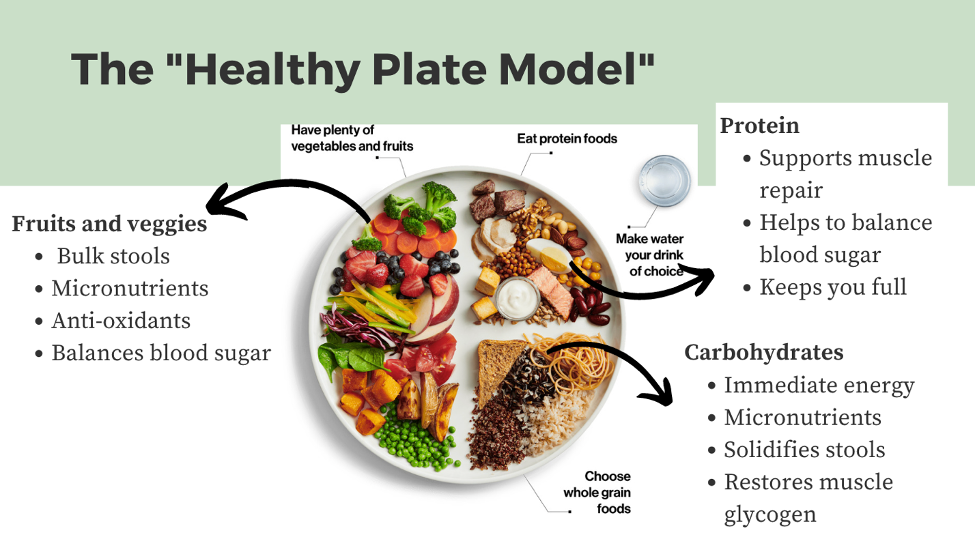What is the ideal diet?
A naturopathic doctors top 3 tips to eating well
I get some version of this question at least once a week. “What’s the best diet to follow?” “Should I eat keto, what about intermittent fasting?” My answer is always the same: there isn’t one perfect diet for everybody, because everybody is different.
After reading hundreds of nutrition studies, I can confidently say that there has yet to be a diet that works for every single person in a study long term. Your diet should be based on you and your needs, and has to account for both your physical and mental health.
Our dietary needs change depending on many factors
Size and age – someone who is 5’1 might have different caloric needs than someone who is 6’5”. Similarly, a teenager who is growing is going to have different caloric and macronutrient requirements compared to a senior.
Activity level – the average sedentary office worker isn’t going to need the same caloric intake as a competitive athlete
Any specific medical conditions you have, - for example a food allergy (for obvious reasons), a digestive condition (such as Crohn’s or colitis), or a metabolic condition like diabetes is going to change your dietary needs and food tolerance
Menstruation and pregnancy status – these change your needs for specific nutrients such as iron and folate, and can also affect your caloric needs
Personal tastes - not everybody likes every food and so not everybody is going to eat the same way. This is also affected by culture and heritage.
Access to food – This will change depending on location, access to grocery stores or sustenance agriculture, and economic or financial constraints
Food and mental health
Another reason why I argue for personalized diets is that food has a huge impact on many aspects of our mental health. Food provides us with:
Connection to heritage - Often “wellness” is whitewashed – where the dietary patterns and foods that are recognized as the “best” are euro-centred (such as the Mediterranean diet). There is no reason you need to give up your cultural cuisine to be healthy, and in fact, eating your own cultural foods and experiencing connection to your land, family, and community, can be very beneficial to your physical, mental, emotional health.
Social connections and community – so many social events are centred around coming together to share a meal. When people are restricting their diet they often miss social events, or stress out about these events, negatively impacting their mental wellness.
Connection to land
A source of sensory joy
My top 3 components of an “ideal diet”
Taking into account both physical and mental health, here are my components of an ideal diet:
Flexible
Satisfying physically and emotionally
Individualized to support your specific needs (ie allergies, intolerances, nutritional needs)
Meeting these 3 components allows you to adapt your diet based on your changing needs, allows for healthy feelings around food, and allows for a satisfying social life.
Not sure where to start? Try the “Healthy Plate Model”
I often recommend the “healthy plate” ratio to my patients if they need a starting place – it’s a ratio of macronutrients/food groups that you can adapt to most cultural and ethnic food practices, food allergies, and caloric needs. Here’s what it looks like
If you have more questions about nutrition or diet, book a free 15 min meet and greet online.


